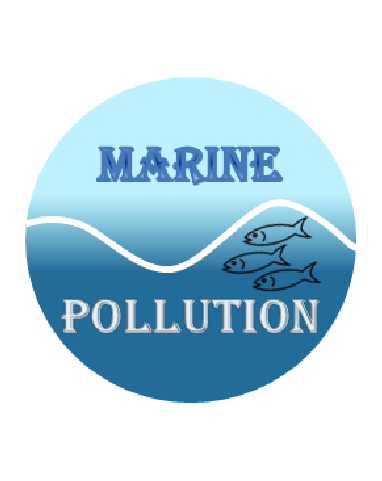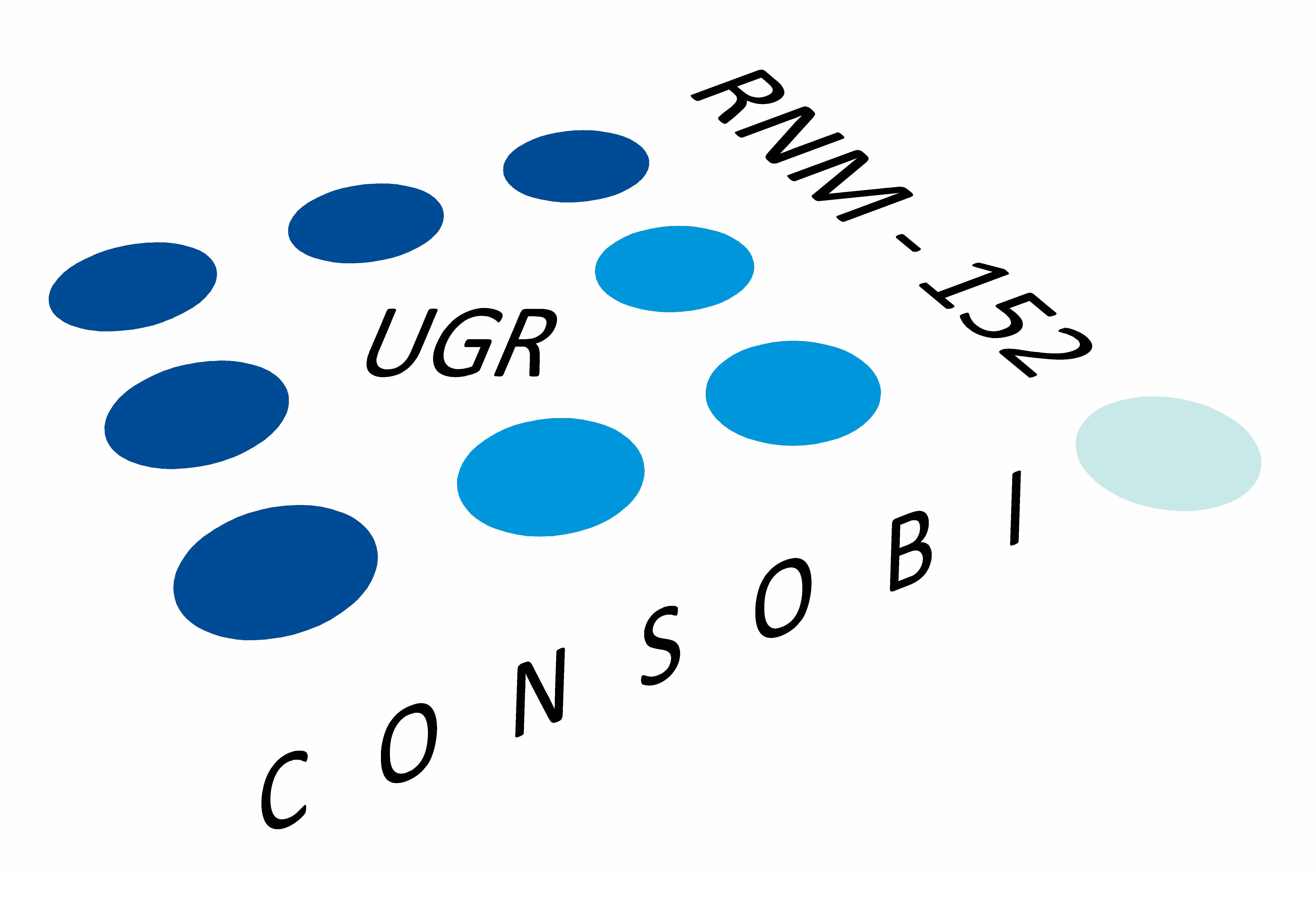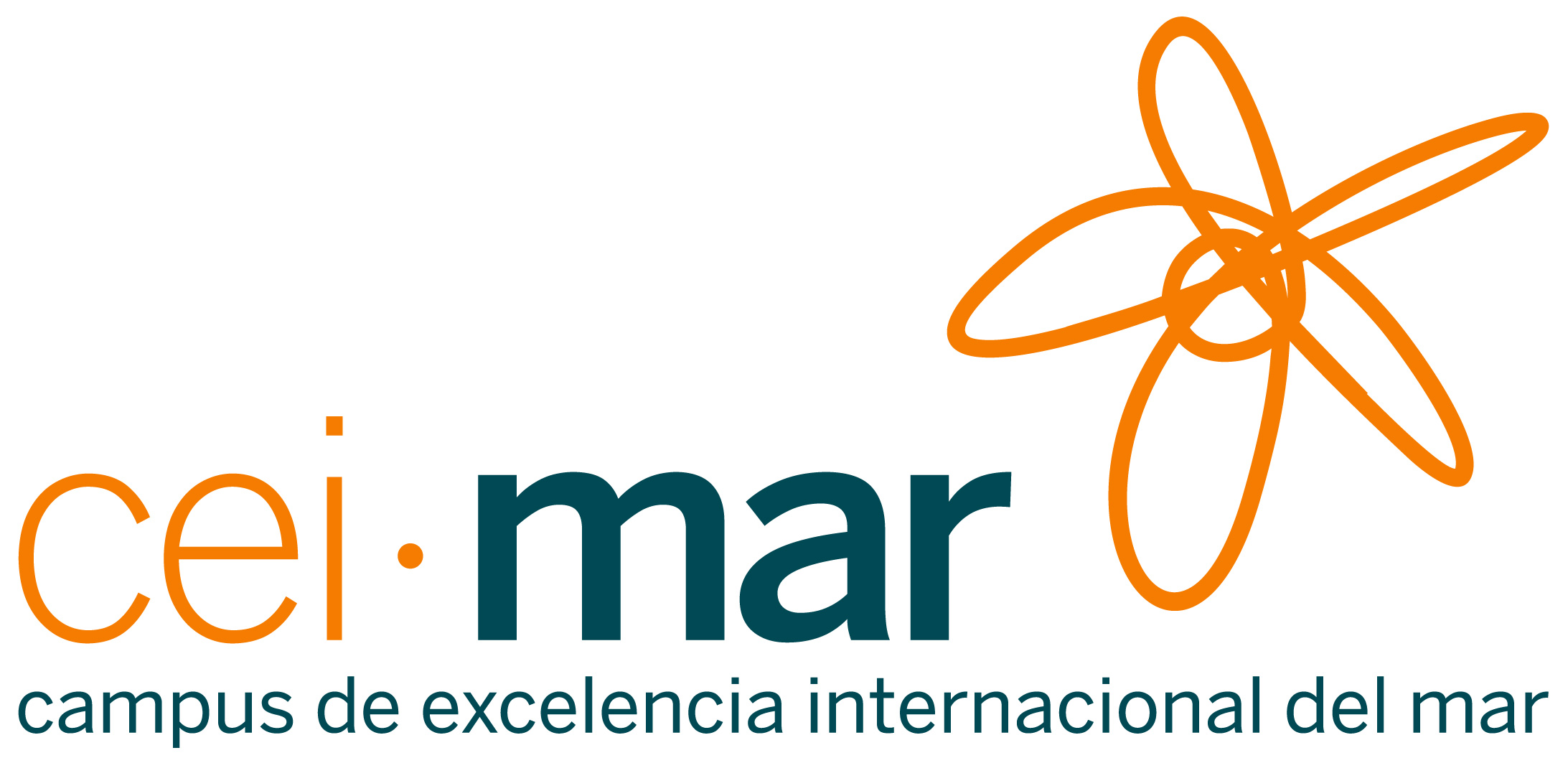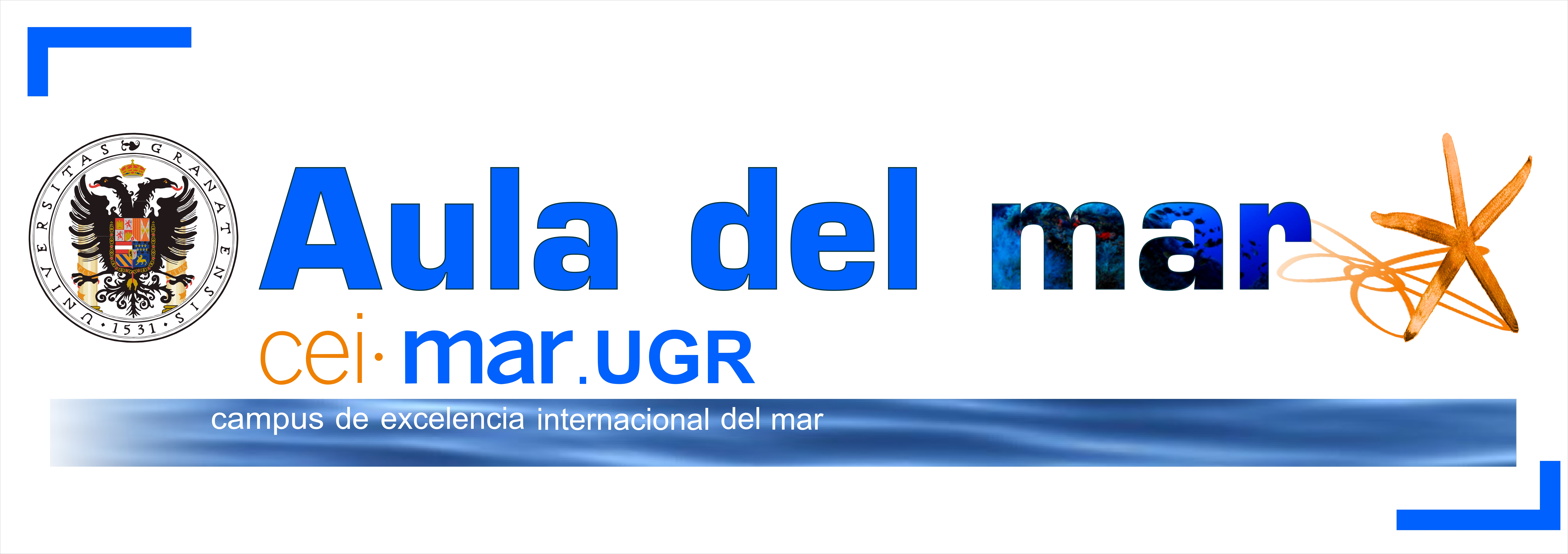Bienvenida / Welcome
Marine pollution is presented as one of the major problems for humanity and it has become more worrying in recent years.
This environmental problem has great consequences for the marine environment and their natural resource, which translates into a harmful effect on the flora and fauna and for which the people is the main guilty and, also, the main receiver of the problems that this pollution generates.
This symposium will attempt to address the main routes of pollution that affect the marine environment, such as landfills and aquatic discharges, marine litter, pollution by different agents such as hydrocarbons, metals, microplastics and even the noise pollution.
The objective is to reveal a problem that many actors in society are currently aware of, but much more information, awareness and contribution of the scientific field is still lacking. The more this problem is known, the more means will be made available and more actions will be carried out in the future to try to improve and reduce what is now a worrying reality about the pollution of our oceans.
Fechas importantes / Important dates
- 15 November, 2019Start of abstract submission period
- 8 February, 2020End of abstract submission period
- 28 February, 2020Notification to authors of the acceptance of abstracts
- 2 March, 2020Start of the registration period
- 30 May, 2020End of registration period
- 18 June, 2020Start Date of Symposium on Marine Pollution
- 19 June, 2020Close Date of Symposium on Marine Pollution
Objetivo del symposium / Symposium objective
This International Symposium is an excellent meeting point for professionals, researchers and students in the field of Marine Pollution. It is intended to be an important event for the scientific dissemination of the results obtained in the different research areas related to sea pollution. Researchers and professionals in the sector will have the opportunity to present the results and conclusions of their studies and students or recent graduates will find a suitable platform to publicly disseminate their Final Degree or Master’s Projects.
Specifically, the results of the symposium should provide scientific evidence to support actions and decisions in order to prevent and reduce the serious problem of sea pollution.
Temas / Topics
• Health of marine ecosystems: pollution and changes in biodiversity.
• Technologies for ocean observation and metadata management.
• Advanced pollution control and control technology.
• Pollution by macro-, micro- and nanoplastics.
• Responses from marine ecosystems to emerging chemical pollutants of concern.
• Responses from marine ecosystems to climatic changes (for example, global warming, ocean acidification, sea level rise).
• Coastal eutrophication, hypoxia, proliferation of harmful algae and algal toxins.
• Governance of the oceans, conservation and management of living and geological resources.






